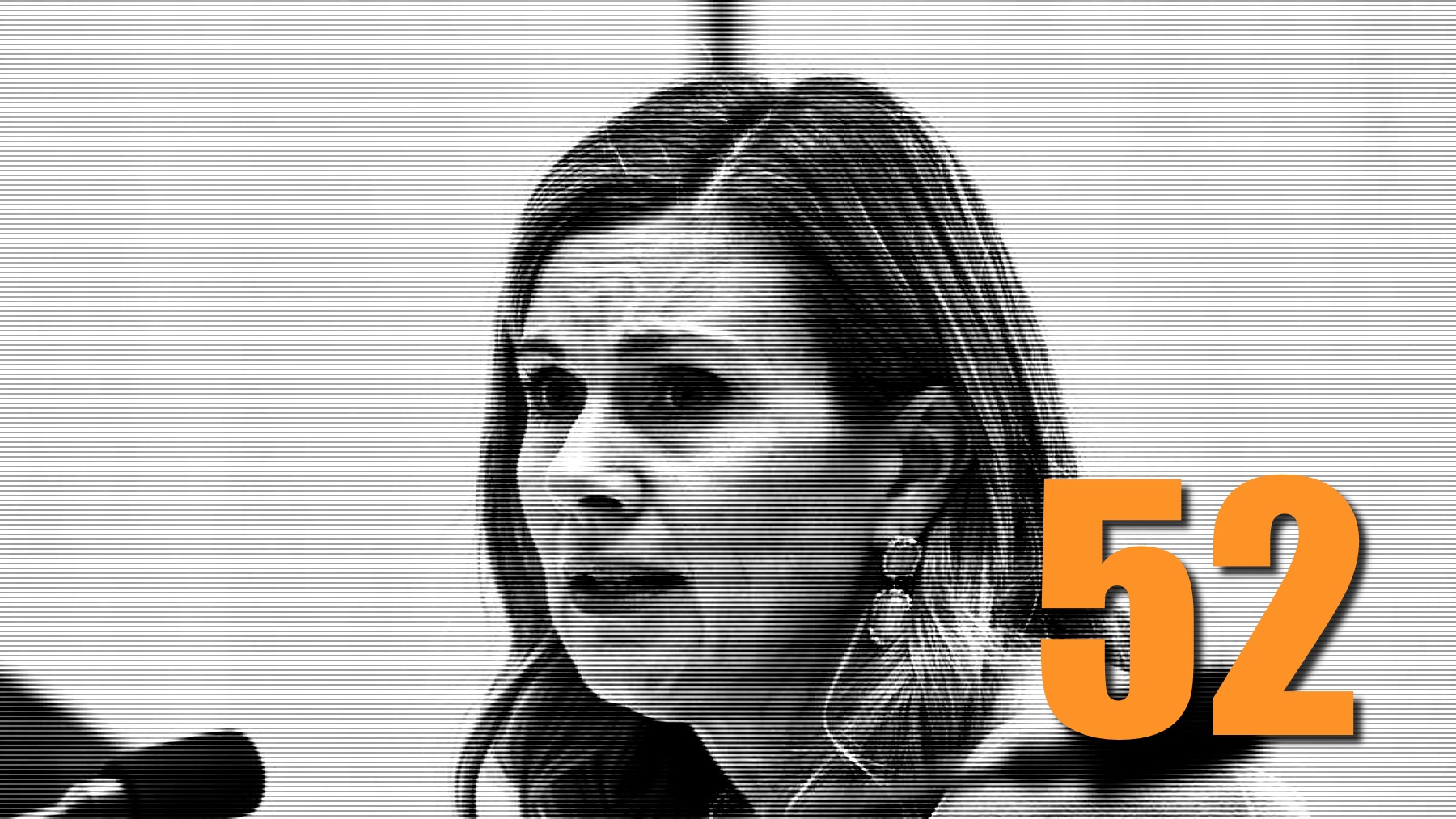There’s more from the eSafety Commissioner this week. Also, a draft of our science and research priorities, cardboard drones, Big Things stamps and coins, and a cryptocurrency bill that looks set to be dumped.
Here’s what I’ve noticed since the previous edition on 1 September.
- Search engines will be required to detect, somehow, AI-generated images of child abuse under Australia’s new code for said businesss. See the eSafety Commissioner’s press release.
- On a related note, the Australian Federal Police wants photos of children to be part of some AI-based child abuse imagery detection system being developed with Monash University.
- Australian authorities tire of excuses, delays on data breach disclosure.
- IBM Australia’s whole-of-gov deal soars above initial $725m value, what with a new mainframe for the Australian Taxation Office.
- Digital statutory declarations are now a thing.
- The Senate Economics Legislation Committee has tabled its report on the Digital Assets (Market Regulation) Bill 2023, which I can’t be arsed reading. However as The Mandarin puts it, Crypto regulation bill rejected, Labor’s token mapping plan still MIA.
- A consultation has opened on Australia’s draft National Science and Research Priorities. Submissions close 29 September.
- In news related to the Ukraine war, Australian-made cardboard drones used to attack Russian airfield show how innovation is key to modern warfare.
- Australia Post has released an Aussie Big Things stamp and coin collection. “Plus, keep an eye out for the special coloured ‘Giant Murray Cod’ coin — there’s a one in 10 chance with every coin tube and folder set purchased.”
- “You have the chance to be part of history, with the opportunity to name Australia’s lunar rover.” What could possibly go wrong?
Please let me know if I’ve missed anything, or if there’s any specific items you’d like me to follow. Parliament continues next week, so there should be plenty to report.
If you’ve been finding this series of posts useful, please consider throwing a tip into the tip jar.
[Photo: Australia’s eSafety Commission, Julie Inman Grant.]

